«Ignorance, allied with power, is the most ferocious enemy justice can have.»
— James Baldwin
The Greek chorus has finally been heard in that both the left and right are now calling Donald Trump a fascist or neo-fascist. Pundits and journals across the ideological spectrum now compare Trump to Hitler and Mussolini or state he is an unbridled tyrant. For example, the liberal magazine Slate finds common ground with the conservative journal National Review in denouncing Trump as a tyrant, while liberals such as former US Secretary of Labor Robert Reich and the actor George Clooney join hands with conservatives such as Andrew Sullivan and Robert Kagan in arguing that Trump represents a loud echo if not a strong register of a fascist past, updated to correlate with the age of reality TV and a fatuous celebrity culture. While such condemnations contain a shred of truth, they only scratch the surface of the conditions that have produced the existing political landscape. Such arguments too often ignore the latent authoritarian and anti-democratic forces that have a long legacy in US politics and society.
For more original Truthout election coverage, check out our election section, «Beyond the Sound Bites: Election 2016.»
Unfortunately, recognizing that the United States is about to tip over the edge into the abyss of authoritarianism is not enough. There is a need to understand the context — historical, cultural, political and economic — that has created this moment in US society in which fascism becomes an endpoint. Trump is only symptomatic of the problem, and condemning him exclusively does nothing to contain it. Moreover, such arguments often ignore the fact that Hillary Clinton is the underside of the new neoliberal oligarchy, which indulges some progressive issues but is indebted ideologically and politically to a criminogenic culture of finance, racism and war. Put differently, she represents a less obscene, less in-your-face form of authoritarianism — hardly a viable alternative to Trump.
Capitalism, racism, consumerism and patriarchy feed off each other and are mobilized largely through a notion of common sense.
Maybe this is all understandable in a corporate-controlled neoliberal society that uses new communication technologies that erase history by producing a notion of time wedded to a culture of immediacy, speed, simultaneity and endless flows of fragmented knowledge. As Manuel Castells writes in Communication Power, this is a form of «digital-time» in which everything that happens only takes place in the present, a time that «has no past and no future.» Time is accelerated in this new information-saturated culture, and it also flattens out «experience, competence, and knowledge,» and the capacity for informed judgment. Time has thus been transformed to provide the ideological support that neoliberal values and a fast-food, temp-worker economy require to survive.
A Culture of Forgetting and Lies
Language has also been transformed to produce and legitimate a culture of forgetting that relishes in a flight from responsibility. Capitalism, racism, consumerism and patriarchy feed off each other and are mobilized largely through a notion of common sense, which while being contested as a site of ideological struggle shows little sign of losing its power as a pedagogical force. As a result, we are living through an ongoing crisis of democracy in which both the agents and institutions necessary for such social order are being dismantled at an accelerating rate in the face of a massive assault by predatory capitalism, even while there is growing resistance to the impending authoritarianism. It gets worse.
We live in a moment of political change in which democratic public spheres are disappearing before our eyes.
We live in a moment of political change in which democratic public spheres are disappearing before our eyes, language is turned into a weapon and ideology is transformed into an act of hate, fear, racism and destruction — all of which is informed by a dark history of political intolerance and ethnic cleansing. The war on democracy has produced both widespread misery and suffering and finds its ideological counterpart in a culture of cruelty that has become normalized.
To read more articles by Henry A. Giroux and other authors in the Public Intellectual Project, click here.
The bankers, hedge fund managers, financial elite and CEOs who rule the United States’ commanding institutions have become the modern version of Mr. Kurtz in Joseph Conrad’s Heart of Darkness. As Hannah Arendt describes them in The Origins of Totalitarianism, citing Conrad: «‘these men were hollow to the core, reckless without hardihood, greedy without audacity and cruel without courage …’ the only talent that could possibly burgeon in their hollow souls was the gift of fascination which makes a splendid leader of an extreme party.»
In the age of Trump, anticipation no longer imagines a better world but seems mired in a dystopian dread, mimicking the restlessness, chaos and uncertainty that precedes a historical moment no longer able to deal with its horrors and on the verge of a terrible catastrophe. We now live in a time in which mainstream politics sheds its ideals and falls prey to choices that resemble a stacked deck of cards and mimic the values of an authoritarian society. All the while politics is being hollowed out as lawlessness and misdirected rage, while a loss of faith in electoral politics has given rise to a right-wing populism that is more than willing to dispense with democracy itself.
Demands to support Hillary Clinton as a lesser evil compared to Trump refuse to acknowledge that such mandates keep existing relations of power intact. Such actions represent more than a hollowing out of politics — they represent a refusal of the affirmative nature of political struggle. They also represent the surrender of any hope of moving beyond the enveloping fog of authoritarianism and a broken political system. Put bluntly, such choices sabotage any real hope for developing a new politics and a radical democracy. These limited choices also undermine the need to develop a broader vision of struggle, a comprehensive politics and the need to engage multiple publics in the quest to rethink the political terrain outside of a neoliberal notion of the future. At issue here is the moral blight that permeates the United States: a politics of the lowest expectations, one saturated in lies, deceptions and acts of bad faith.
Historical memory is saturated with the lies of mainstream politicians. The list is too lengthy to develop but extends from the Gulf of Tonkin falsehoods that led to the Vietnam War to the lies that produced the wars in Iraq, Afghanistan and Pakistan, which have left 1.3 million dead. As documented by Elizabeth Hinton in From the War on Poverty to the War on Crime: The Making of Mass Incarceration in America, the politics of lying by politicians and their intellectual collaborators fueled a regressive neoliberal war on poverty and crime that morphed into a racist war on the poor and helped produce the carceral state under Nixon, Reagan, Bush and Clinton.
We now are approaching a moment in US history in which truth is either viewed as a liability or ignored.
In addition, during the Obama administration, the politics of hope quickly became a politics without hope, functioning to legitimate and accelerate a flight from social responsibility that provided a blank check for Obama’s refusal to prosecute government officials who engaged in egregious acts of torture, to conduct immoral drone attacks, to expand the nuclear arsenal and to display a cold indifference to the criminal environment of Wall Street. All of this adds up to a notion of politics partly driven by a culture of ignorance and lying that has surpassed previous historical eras, marking an entry into what Toronto Star reporter Olivia Ward calls a «post-truth universe.» In this instance, the politics of performance denigrates language and shamelessly indulges a culture in which the truth is sacrificed to shouting, dirty tricks and spin doctors.
We now are approaching a moment in US history in which truth is either viewed as a liability or ignored; at the same time, lies become more plausible, because as Hannah Arendt argued in Crises of the Republic, «the liar has the great advantage of knowing beforehand what the audience wishes or expects to hear.» Lying is now the currency of mainstream politicians and finds its counterpart in the Wild West of talk radio, cable television and the mainstream media. Under such conditions, referentiality and truth disappear along with contexts, causes, evidence and informed judgment. A manufactured ignorance and the terrifying power and infusion of money in politics and society have corrupted democratic principles and civic life. A combination of arrogance, power and deceit among the financial elite is exemplified by Donald Trump, who has repeatedly lied about his business transactions, his former misdeeds with the media, the number of Latinos who support him and the claim he personally hired instructors for Trump University.
Desperation among many segments of the American public has become personal, furthering a generalized anger ripe for right-wing populism or worse. One consequence is that xenophobia and economic insecurity couple with ignorance and a collective rage to breed the conditions for symbolic and real violence, as we have seen at many Trump rallies. When language is emptied of any substance and politics loses its ability to hold power accountable, the stage is set for a social order that allows poor Black and Brown youth to continue to be objects of domestic terrorism, and provides a cover for corporate and political criminals to ravage the earth and loot the public treasury. In the age of Trump, truth becomes the enemy of governance and politics tips over into a deadly malignancy.
One thing about the political impasse facing the American public is that it finds itself in a historical moment in which language is losing its potential for imagining the unimaginable, confronting words, images and power relations that are in the service of violence, hatred and racism — this is the moment in which meaning slips into slogans, thought is emptied of substance and ideas descend into platitudes and sound bites. This is an instant in which the only choices are between political narratives that represent the hard and soft versions of authoritarianism — narratives that embrace neo-fascism on the one side and a warmongering neoliberal worldview on the other.
This is the age of a savage capitalism, one that the director Ken Loach insists produces a «conscious cruelty.» The evidence is everywhere, not only in the vulgar blustering of Donald Trump and Fox News, but also in the language of the corporate-controlled media apparatuses that demonize and prey on the vulnerable and proclaim the primacy of self-interest over the common good, reinforce a pathological individualism, enrich themselves in ratings rooted in a never-ending spectacle of violence and legitimate a notion of freedom that collapses into the scourge of privatization and atomization.
A New Language of Liberation
The left and other progressives need a new language to enable us to rethink politics, develop a militant sense of hope, embrace an empowering sense of solidarity and engage a willingness to think outside of established political orthodoxies that serve the global financial elite. We need a new vocabulary that refuses to be commodified, and declines to look away — a language that as the brilliant writer Maaza Mengiste argues «will take us from shock and stunned silence toward a coherent, visceral speech, one as strong as the force that is charging at us.»
In the age of Trump, truth becomes the enemy of governance and politics tips over into a deadly malignancy.
Progressives need a vocabulary that moves people, allows them to feel compassion for the other and gives them the courage to talk back. We need a vocabulary that enables us to confront a sense of responsibility in the face of the unspeakable, and do so with a sense of dignity, self-reflection and the courage to act in the service of a radical democracy. We need a vocabulary that allows us to recognize ourselves as agents, not victims, in the discourse of radical democratic politics. Of course, there is more at stake here than a struggle over meaning; there is also the struggle over power, over the need to create a formative culture that will produce new modes of critical agency and contribute to a broad social movement that will translate meaning into a fierce struggle for economic, political and social justice.
What happens to language when it is reduced to a vehicle for violence? What does it take for a society to strip language of its emancipatory power and reduce it, as Mengiste states, to «a rhetoric of desperation and devastation molded into the incomprehensible, then vomited out in images and words that we cannot ignore though we have tried»? What does it mean to define language as a tool — rather than a weapon of domination — in the service of economic and political justice? What institutions do we need to sustain and create to make sure that in the face of the unspeakable we can resist and hold power accountable? Language is part of public memory, informed, in part, by «traces» that allow oppressed people to narrate themselves as part of a broad collective struggle, as we see happening with the Black Lives Matter movement, among other emerging social movements. That is, suppressed histories of violence become visible in such stories and form part of a genealogy that puts current acts of violence in perspective. For instance, capital punishment is framed within the historical context of slavery, lynchings and the emerging violence of a police state.
Domination in the Age of Trump
The hate-filled, xenophobic and racist dialectic among language, images and the stories produced in the age of Trump constitutes one of the most pernicious forms of domination because it takes as its object subjectivity itself: This dialectic empties subjectivity of any sense of critical agency, turning people into spectators, customers and consumers. Identities have become commodities, and agency an object of struggle by the advertising and the corporate elite. After 50 years of a neoliberal culture of taking, unbridled individualism, militaristic violence and a self-righteous indifference to the common good, the demands of citizenship have not merely weakened, but they have been practically obliterated. In their book Babel, Zygmunt Bauman and Ezio Mauro speak to the denigration of politics and citizen rights in an age of generalized rage and emerging right-wing populism. They write:
The «culture of taking,» divorced from all rights-duties of giving and of contributing positively, is not merely a reduction of citizenship relations to a bare minimum: it is actually perfectly instrumental to a populist and charismatic simplification of politics and leadership, or rather a post-modern interpretation of a right-wing tradition, in which the leader is the demiurge who can work out public issues by himself, freeing citizens from the burden of their general civic duties, and leaving them to the solitary sovereignty of their privacy, spurring them to participate not in national political events but in single outbursts of collective emotional reaction, triggered by the oversimplification of love and hate on which populism feeds.
The fusion of culture, power and politics has produced a society marked by a flight from political and social responsibility. In an age in which five or six corporations dominate the media landscape and produce the stories that shape our lives, the democratic fabric of trust evaporates, public virtues give way to a predatory form of casino capitalism and thought is limited to a culture of the immediate. Politics is now performance, a kind of anti-politics wedded to the spectacle.
As Mark Danner points out in The New York Review of Books, much of Trump’s success and image stems from his highly successful role on The Apprentice as «the business magus, the grand vizier of capitalism, the wise man of the boardroom, a living confection whose every step and word bespoke gravitas and experience and power and authority and … money. Endless amounts of money.» Not only did The Apprentice at its height in 2004 have an audience of 20.7 million, catapulting Trump into reality TV stardom, but Trump’s fame played a large role in attracting 24 million people to tune in and watch him in his initial debate with a host of largely unheard of Republican politicians.
Corporate media love Donald Trump. He is the perfect embodiment of the spectacle that drives up their ratings. Danner observes that Trump is «a ratings extravaganza» capable of delivering «audiences as no other candidate ever has or could.» A point that is well taken given «that the networks have lavished upon him $2 billion worth of airtime.» According to Danner, Trump’s willingness to embrace ignorance over critical reasoning offers him an opportunity not to «let ‘political correctness’ prevent him [from] making sexist and bigoted remarks, … [while reveling in and reinforcing] his fans’ euphoric enjoyment of their hero’s reveling in the pleasures of free speech,» and his addiction to lying as an established part of the anti-politics of performance and showmanship.
Beyond a «Lesser of Two Evils» Political Framework
The American left and progressives have no future if they cannot imagine a new language that moves beyond the dead-end politics of the two-party system and explores how to build a broad-based social movement to challenge it. One fruitful beginning would be to confront the fact that our society is burdened not only by the violence of neoliberalism but also by the myth that capitalism and democracy are the same thing. Capitalism cannot rectify wage stagnation among large segments of the population, the growing destruction of the ecosystem, the defunding of public and higher education, the decline in life expectancy among the poor and middle classes, police violence against Black youth, the rise of the punishing state, the role of money in corrupting politics, and the widening gap in income and wealth between the very rich and everyone else.
If some elements of the left and progressives are to shift the terms of the debate that shape US politics, they will also have to challenge much of what passes for neoliberal common sense. That means challenging the anti-government rhetoric and the notion that citizens are simply consumers, that freedom is largely defined through self-interest and that the market should govern all of social life. It means challenging the celebration of the possessive individual and atomized self, and debunking the claim that inequality is intrinsic to society, among others. And this is just a beginning.
Politics is now performance, a kind of anti-politics wedded to the spectacle.
When the discourse of politics amounts to a choice between Donald Trump and Hillary Clinton, we enter a world in which the language of fundamental, radical, democratic, social and economic change disappears. What liberals and others trapped in a lesser-of-two-evils politics forget is that elections no longer capture the popular imagination, because they are rigged and driven by the wealth of the financial elite. Elections bear no relationship to real change and offer instead the mirage or swindle of real choice. Moreover, changing governments results in very little real change when it comes to the concentration of power and the decimation of the commons and public good. At the same time, politicians in the age of reality TV embody Neil Postman’s statement inAmusing Ourselves to Death that «cosmetics has replaced ideology» and has helped to usher in the age of authoritarianism. Power hides in the dictates of common sense and wields destruction and misery through the «innocent criminals» who produce austerity policies and delight in a global social order dominated by precarity, fear, anxiety and isolation.
What happens when politics turns into a form of entertainment that washes out all that matters? What happens to mainstream society when the dominant and more visible avenues of communication encourage and legitimate a mode of infantilism that becomes the modus operandi of newscasters, and trivia becomes the only acceptable mode of narration? What happens when compassion is treated as a pathology and the culture of cruelty becomes a source of humor and an object of veneration? What happens to a democracy when it loses all semblance of public memory and the welfare state and social contract are abandoned in order to fill the coffers of bankers, hedge fund managers and the corporate elite? What are the consequences of turning higher education into an «assets to debt swapping regime» that will burden students with paying back loans in many cases until they are in their 40s and 50s? What happens when disposable populations are brushed clean from our collective conscience, and are the object of unchecked humiliation and disdain by the financial elite? As Zygmunt Bauman points out in Babel: «How much capitalism can a democracy endure?»
What language and public spheres do we need to make hope realistic and a new politics possible? What will it take for progressives to move beyond a deep sense of political disorientation? What does politics mean in the face of an impending authoritarianism when the conversation among many liberals and some conservatives is dominated by a call to avoid electing an upfront demagogue by voting instead for Hillary Clinton, a warmonger and neoliberal hawk who denounces political authoritarianism while supporting a regime of financial tyranny? What does resistance mean when it is reduced to a call to participate in rigged elections that reproduce a descent into an updated form of oligarchy, and condemns millions to misery and no future, all the while emptying out politics of any substance?
Instead of tying the fortunes of democracy to rigged elections we need nonviolent, massive forms of civil disobedience. We need to read Howard Zinn, among others, once again to remind ourselves where change comes from, making clear that it does not come from the top but from organized social formations and collective struggles. It emerges out of an outrage that is organized, collective, fierce, embattled and willing to fight for a society that is never just enough. The established financial elites who control both parties have been exposed and the biggest problem Americans face is that the crisis of ideas needs to be matched by an informed politics that refuses the old orthodoxies, thinks outside of the box, and learns to act individually and collectively in ways that address the unthinkable, the improbable, the impossible — a new future.
As politics is reduced to a carnival of unbridled narcissism, deception, spectacle and overloaded sensation, an anti-politics emerges that unburdens people of any responsibility to challenge the fundamental precepts of a society drenched in corruption, inequality, racism and violence. This anti-politics also removes many individuals from the most relevant social, moral and political bonds. This is especially tragic at a historical moment marked by an endless chain of horrors and a kind of rootlessness that undermines all foundations and creates an uncertainty of unprecedented scale. Fear, insecurity and precarity now govern our lives, rendering even more widespread feelings of loneliness, powerlessness and existential dread.
Instead of tying the fortunes of democracy to rigged elections we need nonviolent, massive forms of civil disobedience.
Under such circumstances, established politics offers nothing but scorn, if not an immense disregard for the destruction of all viable bonds of solidarity, and the misery that accompanies such devastation. Zygmunt Bauman and Ezio Mauro are right in arguing, in their book Babel, that we live at a time in which feeling no responsibility means rejecting any sense of critical agency and refusing to recognize the bonds we have with others. Time is running out, and more progressives and people on the left need to wake up to the discourse of refusal, and join those who are advocating for radical social and structural transformation. This is not merely an empty abstraction, because it means thinking politics anew with young people, diverse social movements, unions, educators, environmentalists and others concerned about the fate of humanity.
It is crucial to acknowledge that we live in a historical conjuncture in which the present obliterates the past and can only think about the future in dystopian terms. It is time to unpack the ideological and structural mechanisms that keep the war machine of capitalism functioning. It is also time to recognize that there are no shortcuts to addressing the anti-democratic forces now wrecking havoc on US society. The ideologies, grammar and structures of domination can only be addressed as part of a long-term collective struggle.
The good news is that the contradictions and brutality of casino capitalism are no longer invisible, a new language about inequality is being popularized, poor Black and Brown youth are battling against state violence, and people are waking up to the danger of ecological devastation and the increased potential for a nuclear apocalypse. What is needed is a new democratic vision, a radical imaginary, short-term and long-term strategies, and a broad-based social movement to act on such a vision.
Such a vision is already being articulated in a variety of ways: Michael Lerner’s call for a new Marshall Plan; Stanley Aronowitz’s call for reviving a radical labor movement; my call for making education central to politics and the development of a broad-based social movement; Angela Davis’ call for abolishing capital punishment and the mass incarceration system; Nancy Fraser and Wendy Brown’s important work on dismantling neoliberalism; the ongoing work of Alicia Garza, Patrisse Cullors and Opal Tometi of the Black Lives Matter movement to develop a comprehensive politics that connects police violence with other forms of state violence; Gene Sharp’s strategies for civil disobedience against authoritarian states; and the progressive agendas for a radical democracy developed by Salvatore Babones are just a few of the theoretical and practical resources available to galvanize a new understanding of politics and collective resistance.
In light of the terror looming on the political horizon, let’s hope that radical thought and action will live up to their potential and not be reduced to a regressive and pale debate over electoral politics. Hope means living without illusions and being fully aware of the practical difficulties and risks involved in meaningful struggles for real change, while at the same time being radically optimistic.






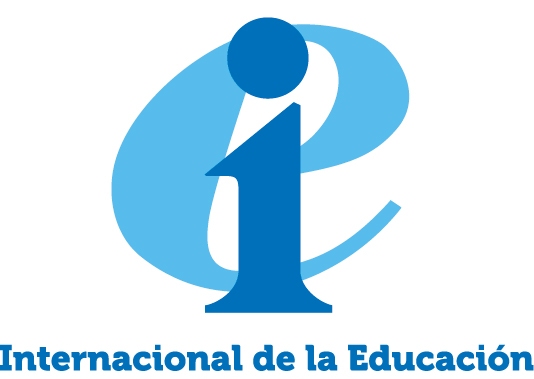



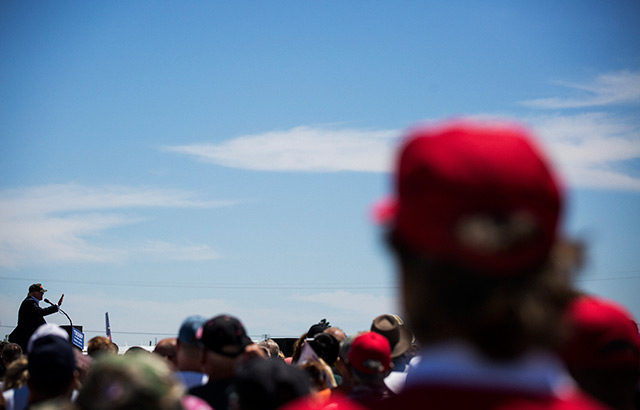

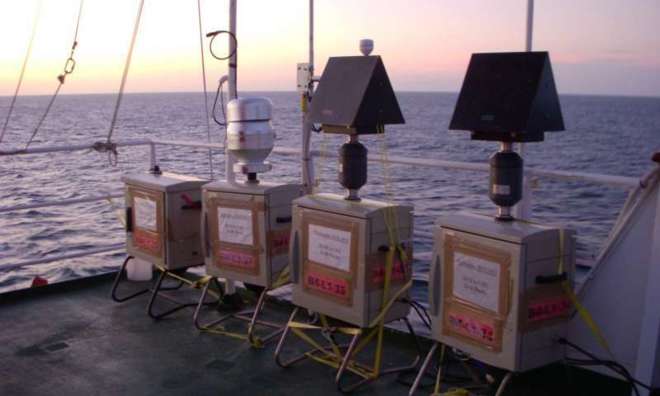
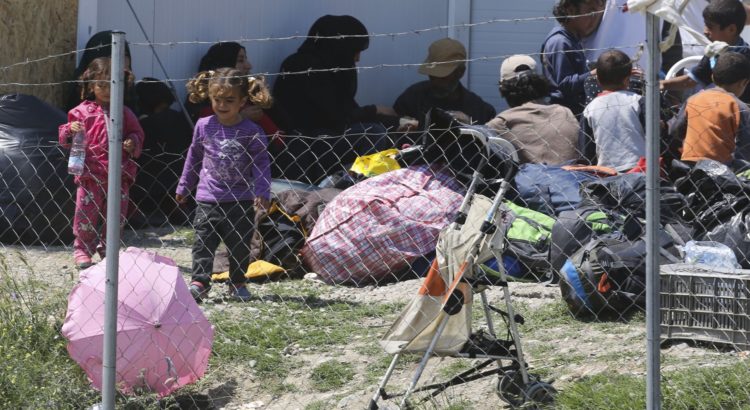
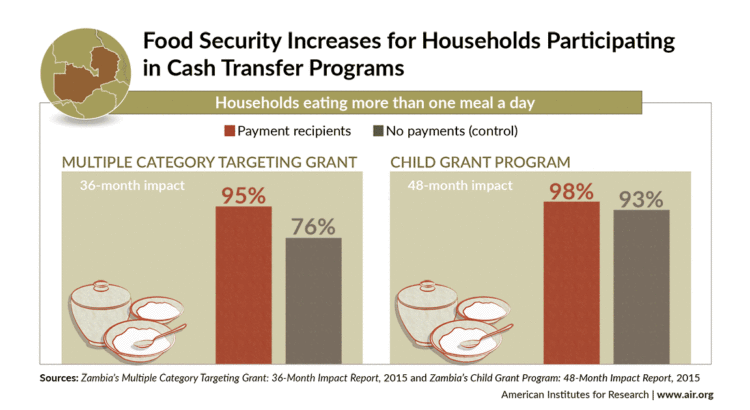
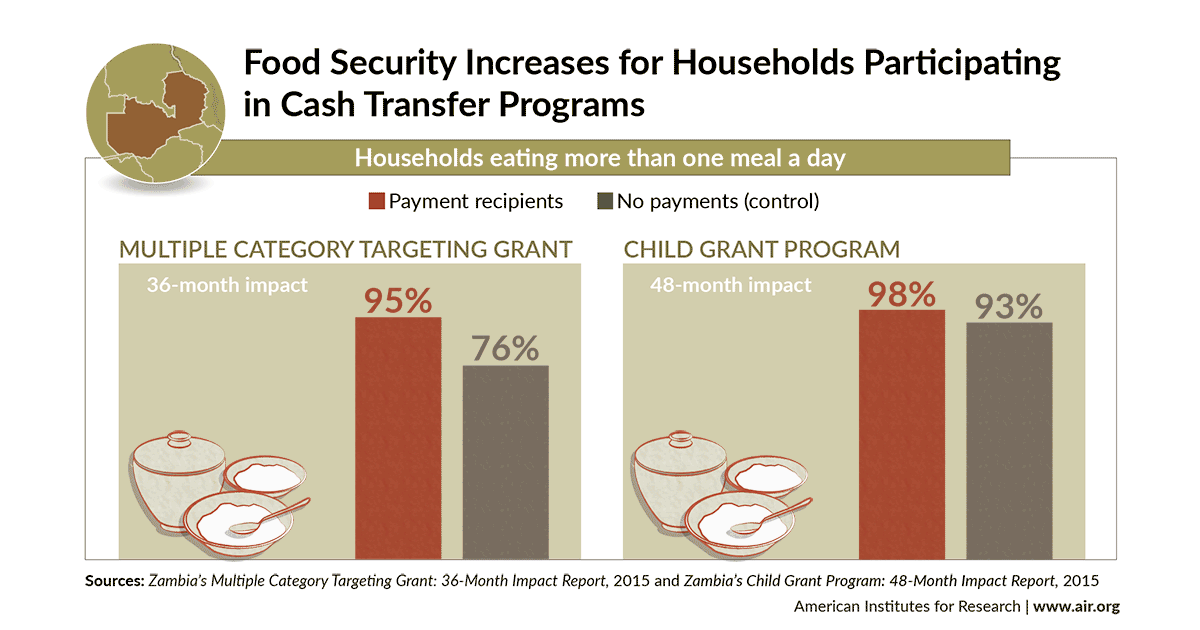







 Users Today : 18
Users Today : 18 Total Users : 35460227
Total Users : 35460227 Views Today : 23
Views Today : 23 Total views : 3418918
Total views : 3418918